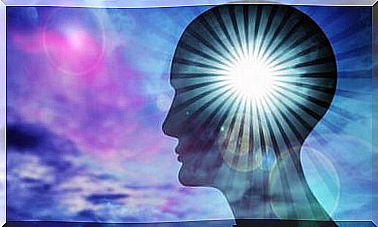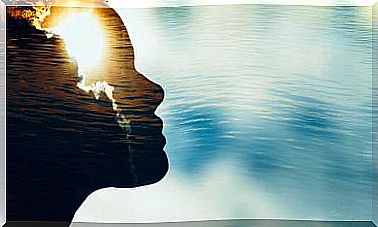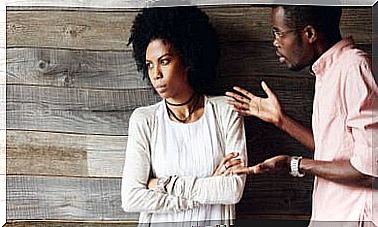Gratitude, The Secret Ingredient
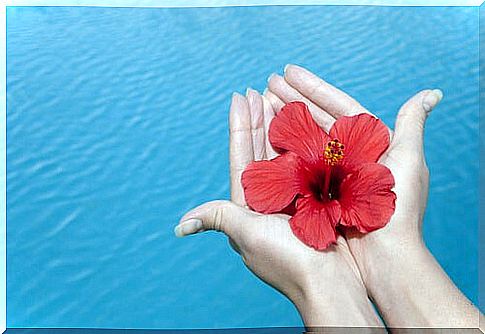
There are better and worse days, we all know that. There are moments or stages in which we do not find a clear direction, we have too many doubts or we are emotionally inactive or disappointed. Given that, we may look for great solutions in search of happiness or personal balance.
It seems proven that to reach it, the key is to gather a set of elements in our inner world and environment. It is not an easy road. Happiness, you have to work on it.
One way to start or continue on the path that we may have already started may be through a very useful and very rewarding ingredient that we sometimes forget: gratitude.
When have we stopped giving thanks? How many times have we stopped thanking for modesty, for what they will say or simply for not knowing?
Let’s be aware of the power of words. It is important to know how to give them their moment, the tone, the emphasis, the place and the sincerity. We don’t always choose well, and we don’t always get it right even if we have the best of intentions.
Have we ever thought of giving special thanks? Why didn’t we do it? Is it the same to give thanks than to thank?

Seven letters
“Thanks”. Seven highly coordinated letters that have the gift of being at the two extremes of emotion. On one side the automatic formalism, and on the other side, the most sense of meanings.
We distribute “thanks” right and left. We almost gave them away, daily and unknown. We are educated in the formal appreciation of the social norm. “Thank you for coming”, “thank you for participating”, “thank you for dinner”, “thank you for the invitation”, and so on. All this more or less formal and more or less meaningful.
We generally give thanks for communicating socially. It opens doors for us, brings us closer to others and favors our integration into the group. However, there is another type of “thank you”. The one we practice less. The one that beats between parents, friends, family or special acquaintances in our lives.
There we can talk about gratitude.
What to be grateful for hides
And we are not talking about formalities and automatisms. We are not talking about saying “thank you” to people who seek our recognition for their work.
We are talking about taking a look around or at the past, and identifying that person who, without the need for an answer, helped us. Many times, unknowingly or unintentionally, but he did.
That sports coach who made us see beyond balls, fences or classifications. That teacher with whom we discovered the love of books, history or mathematics. That relative who gave us the best summers of our life, in the most natural way, but that we remember with so much affection.
To be grateful is to connect with an own emotion and share it with the person who has been declared voluntary or involuntary guilty of our state (present or past).
Thanking helps us to:
- Release withdrawn feelings and provide inner peace
- Eliminate the idea to resolve pending issues (“I would have liked to thank you….”)
- Increase self esteem
- Strengthen social ties
- Fight bad times and negative emotions
Secret ingredient? Yes Scientific? Too
Martin Seligman is one of the most renowned psychologists today. He has been the promoter of positive psychology, one that is responsible for the scientific study of the emotions and positive qualities of the human being.
Together with Peterson, they developed a questionnaire that was responsible for collecting and classifying strengths and virtues to achieve a better quality of life.
Not only were they based on current research, but they studied ancient philosophies, texts from all cultures and religions on all continents.
From all this, they drew several common elements. One of the general categories called “Transcendence” – where the strengths that give meaning to life and connect with our environment and universal emotions are grouped – includes gratitude.
Transcendence was defined as “being aware of and being grateful for the good things that happen to one, as well as knowing how to give thanks”.
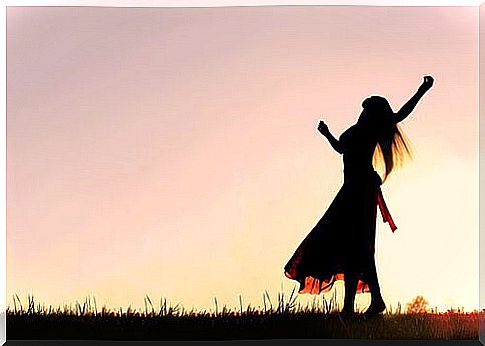
Activate your gratitude
There are all kinds of brakes to carry out this task. From the fear of what they will say, the feeling that it is too late, a point of pride or pride that at certain times makes us doubt, the thought that we will not be reciprocated or shyness.
The effect is so positive that if we have something in mind, let’s not hesitate to try it. Before that we can practice identifying those things that we can really be grateful for.
Recommendations?:
- Every day or once a week, take a few minutes to identify what you can feel gratitude for. This will also help to assess and reflect on those actions, situations or people that provide tranquility and positivity on a day-to-day basis.
And above all:
- Write a letter to someone from your past who you want to thank for something. You don’t have to give him credit for something that was heroic in the eyes of others. Routines, attentions, gestures, events, discoveries can be appreciated …
Think of someone, and take your time, order what you want to express and write. It is up to your choice how to get it to them. Delivering it by hand or reading it in person. Recommendation? The best experience is reading it out loud and talking about it.
Beyond seven letters there is experience and emotion. Discover the best way for you, and receive and enjoy the gratitude. It is one of the surest ways to find gratification and to regain our site and our identity.
Sharing something like this silently contributes to connecting with your positive emotions and adding another stone to the path that we build moment by moment towards happiness.



